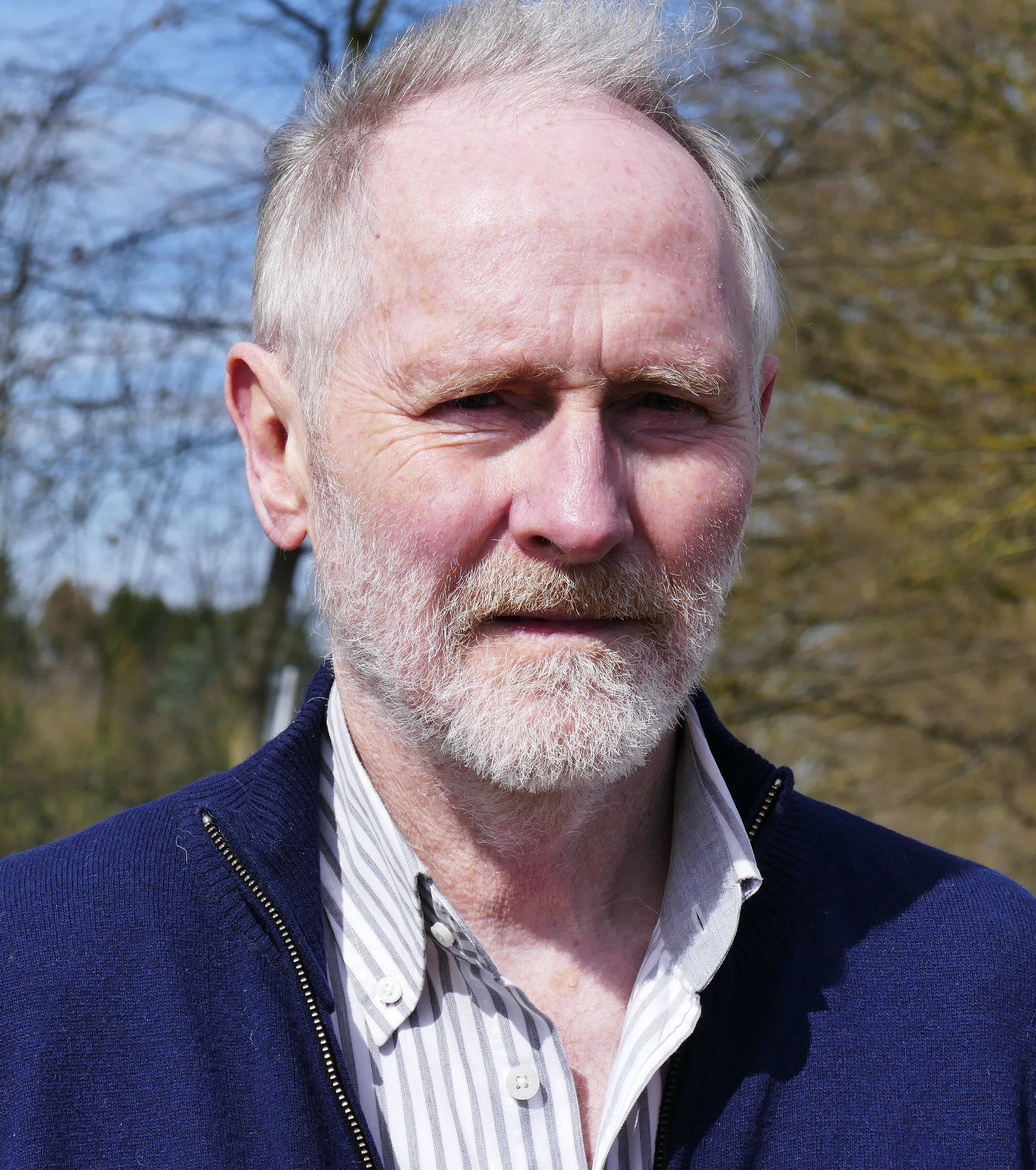Roger Goody has combined chemistry, structural biology and kinetics to make major contributions in several fields of biology. He pioneered the use of nucleotide analogs, synthesized at the beginning of his career, in muscle research and later for Ras-family GTPases, leading to the first ever structure determination of an unstable protein-substrate complex (Ras:GTP). Innovative use of semi-synthetic proteins led to an understanding of transport mechanisms of RabGTPases and to resolution of a longstanding controversy concerning targeting of these proteins to membranes. His group discovered and characterized hitherto unrecognized covalent modifications of Rab proteins by bacteria.
After his B.Sc and Ph.D. at Birmingham University and a post-doc at the Sloane-Kettering Institute, he worked in two Max-Planck Institutes before being appointed Director at the Max-Planck-Institute of Molecular Physiology in Dortmund. He is a former President of the German Society for Biochemistry and Molecular Biology and has received a number of awards, including the Max-Planck Research Prize (1991) and the Feldberg Prize (2015). He is an elected member of the German Academy of Sciences (Leopoldina) and EMBO.
Professional position
- Emeritus Director, Max Planck Institute of Molecular Physiology
Subject groups
-
Cell Biology
Cellular pathology
-
Multicellular Organisms
Pharmacology (non-clinical), Physiology incl biophysics of cells (non-clinical)
-
Other
History of science, Science education at secondary level
-
Chemistry
Chemistry, biological
-
Molecules of Life
Biochemistry and molecular biology, Biophysics and structural biology, Cell biology (incl molecular cell biology), Molecular immunology, Molecular microbiology

